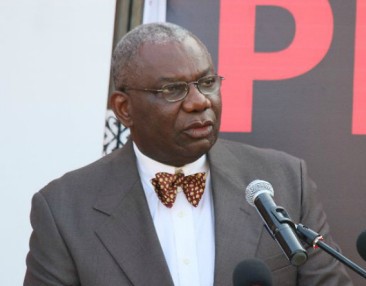The government of Ghana has announced that it is developing a Public Petroleum Register which will come into effect by the end of this year - 2017.
The government made the disclosure through the country’s Deputy Minister for Energy in charge of Petroleum – Dr. Mohammed Amin Adam at the ongoing Open Data Conference in Accra.
According to the Deputy Minister, the new publicly available petroleum register will contain the full text of all petroleum agreements, or contracts, licenses, and authorizations.
The move by government is regarded as a response to the need for providing clarity on Ghana’s 2016 Petroleum Act which mandates a register to be kept and be accessible to members of the public.
Having been a widely criticized sector, particularly for corruption: the initiative will further strengthen and provide a basis for effective leadership of the energy sector and more specifically – the petroleum sub-sector.
There is also the need to restore public confidence by putting in place measures to adequately check corruption in the energy sector.
In addition to the register, there would be regular money-for-value audits that will be done by the public or external stakeholders of the petroleum industry themselves.
To facilitate these audits, there will be two portals running simultaneously on the petroleum registry site.
One will serve as a platform where the primary contracts can be downloaded by stakeholders in the comfort of their homes or offices and another expected to run in partnership with Ghana’s Extractive Industry Transiency Initiative (EITI) and similar to that currently operated by the mining sector, which will serve as a data repository – providing real-time information on production, pricing and expenditure.
The second portal is meant to aid the stakeholders in making necessary comparisons between the information disclosed on various petroleum contracts as well as those available at the industry’s data repository for transparency and accountability purposes.





